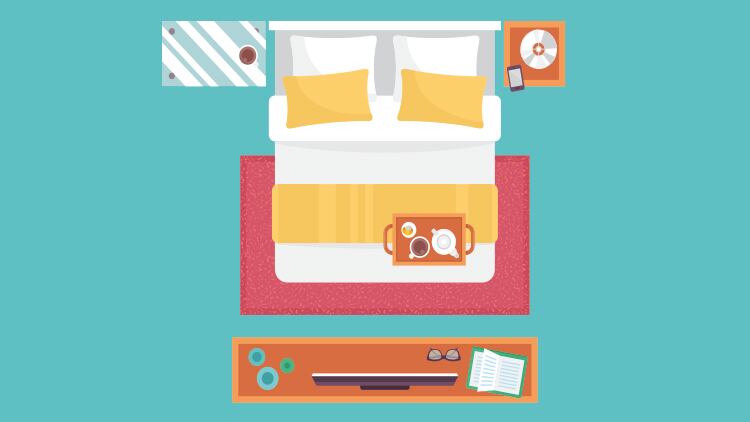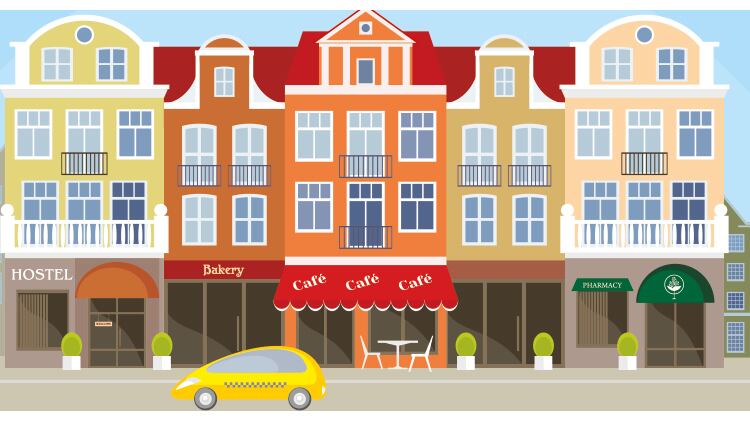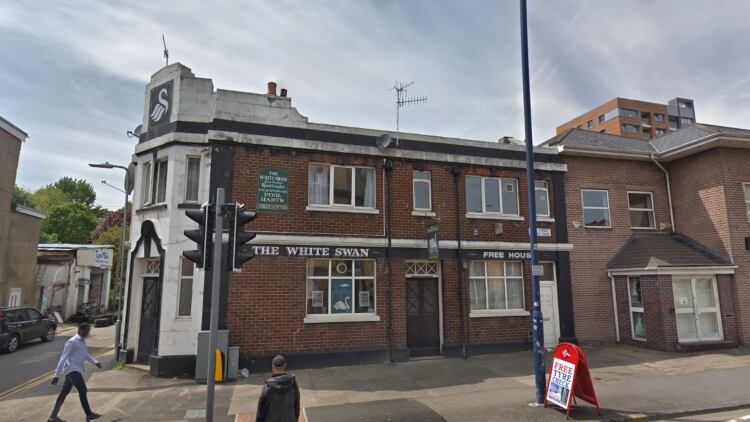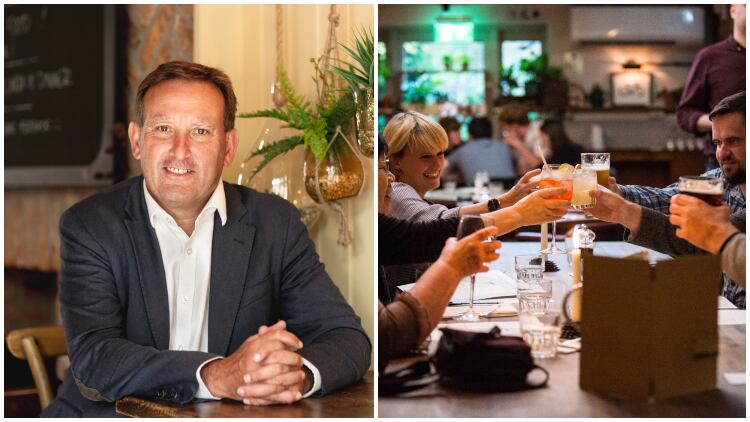Between January and September 2017, there were 47m domestic holidays, or ‘staycations’, in the UK, according to holiday comparison site Travel Supermarket – a 5% increase on the same period in 2016.
Moreover, Christie & Co’s Business Outlook 2019 report reveals that a wave of European tourists have visited the UK following the referendum on EU membership in June 2016. It states: “Aside from the negative impact of some cost inflation, the devaluation of the pound following the referendum on EU membership has driven an increase in tourists visiting the UK and boosted the popularity of staycations.
“As such, pubs with letting rooms have increasingly proven themselves as capable of successfully competing with both budget accommodation providers and the boutique market.”
With online review sites and social media putting accommodation providers under unprecedented scrutiny, it’s vital that would-be hosts leave no stone unturned when adding rooms to their trade mix.
Fleurets’ divisional director Simon Jackaman explains: “Before pub operators consider adding rooms, they need to consider their local market.
“Is the demand there? Will bottom line profits increase enough to cover the refurbishment and operating costs? The ease of adding accommodation is significantly increased if there is existing space or outbuildings that could be converted.”
“Are existing customers enquiring about accommodation? How is local competition performing? It is also essential to tailor your offer to the needs of the market. For instance, in coastal areas, there is often more demand for pet-friendly accommodation.
“Understanding and meeting the needs of your market will be more likely to increase the demand.”
Hitting the pub ‘sweet spot’
Chris Sladen, head of property at Star Pubs & Bars explains: “The tell-tale signs that a business is ready for an expanded accommodation offer are its maturity and its cash flow.
“Licensees who are doing well are looking to develop more revenue, and adding new or additional rooms is one way they can do this.
“If you have a healthy balance sheet and stables or other rooms or outbuildings not being used, and strong local demand for accommodation, it makes sense to do the sums and consider conversion to letting rooms.
“However, you need to get the food and drink offer to a high standard before looking to expand.”
Sladen adds that expanding a pub’s offer to include rooms can be an expensive up-front investment, and that would-be pub accommodation operators must extensively plan what income they would need to generate and the number of rooms needed to make expansion worthwhile.
“Once you know how much money you can make, you can work out how much to spend on getting a room rental ready,” he explains.
“There is a critical mass below which it is not worth having letting rooms when you think of the additional labour costs involved in putting on breakfasts, organising cleaning and changeover and the service expectations you need to meet. The sweet spot for pubs is five to 10 rooms.
“Once you get above that, you’re in danger of becoming a hotel with a bar – which brings with it more complexity. There are big costs involved in fitting out the rooms and there are service expectations like a night porter and room service.
“Look to see what infrastructure you have within the existing pub foot print. Could you convert an underused function from into letting rooms? If you have a roof, four walls and services on hand, it is more affordable than building additional accommodation and adding services.”
Sladen adds that once a decision is made to include rooms, it’s important that the quality of accommodation on offer matches a pub’s broader business.
“Guests don’t want to stay in standard rooms when you’ve got a top-end pub,” he says. “Otherwise you run the risk of disappointing customers who could leave negative reviews and damage the reputation of your main business.
“Wi-Fi is one amenity you must not cut costs on, so be prepared to spend a little more for quality if you need to.
“Comfortable beds, good walk-in showers and a great breakfast are a ‘must’ if operators want to establish a reputation for accommodation and generate repeat business.”
Digital planning
Tom Nichols, a director at property agent Everard Cole explains: “Key considerations are an understanding of demand, seasonality and overall occupancy rates.
“It is also advantageous to have an online strategy because direct bookings provide an opportunity for higher margin sales.
“Users are ever more connected, so having a mobile strategy for booking is increasingly important given our move away from desktop to mobile searching.
“Even if it’s not possible to directly provide letting accommodation to your business, operators recognising demand are seeing the likes of Airbnb as a partnership opportunity, rather than a direct threat.”
Sladen adds: “An easy-to-use online booking facility should also be put in place to capitalise on the online booking market.
“Consider how much of your room rates you are happy to give over to booking sites. You have to engage with booking sites to increase occupancy, but they eat into margins.”
Alternative accommodation
Nichols adds: “Accommodation in pubs can provide a different experience to the sometimes faceless and homogenous budget and national brand alternatives.
“Pub operators have the opportunity to provide the consumer with a different experience with affordable, individual and stylish rooms.
“Underutilised outbuildings, storage areas and upper parts are viable conversion opportunities that can provide character rooms, often new-build alternatives can prove more cost-effective.
“Statutory consents will need to be sought as well as professional property, planning and architects’ advice.”
Disused space and buildings can also be used to help a pub capitalise on increased demand for more experiential accommodation. ‘Glamping’ facilities such as camping pods, shepherds’ huts, yurts, bell tents and safari tents all offer single room-styles of accommodation suited to shorter stays at a reduced start-up cost to the construction of new rooms, outbuildings can be transformed into ancillary facilities such as external shower blocks and toilet facilities.
With the cost of adding rooms to a pub standing at approximately £50,000 per room, according to figures from Savills, a yurt – which can typically be rented at between £50 and £95 per night – would have development costs of between £5,000 and £10,000 per unit, for example.
“The pub has to probably have all the other facilities,” Savills’ Dan Mackernan explains. “There’s no point having a wet-led boozer with a glamping pod in the middle of nowhere because where are you going to get your food from? The pub’s got to offer facilities like shower blocks and toilets – which doesn’t always make it viable unless you’ve got an old outdoor building you can convert – obviously when you lock your pub at night, you can’t have people wandering in looking for a toilet.”
To find out more about pubs for sale, lease and tenancy visit our property site.




